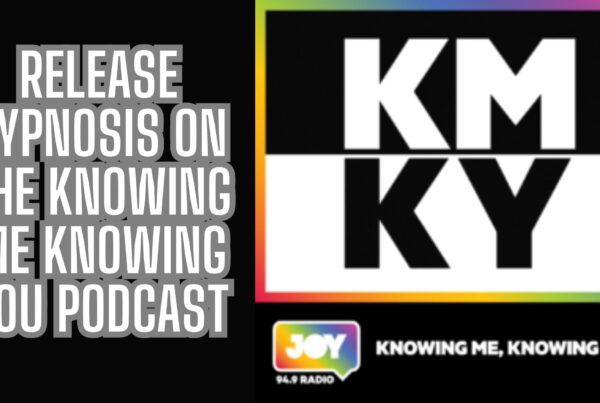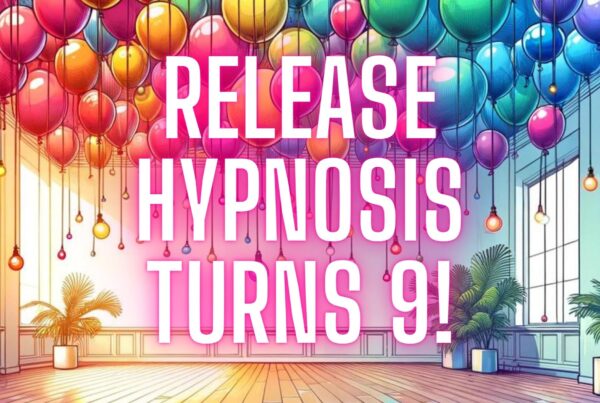What Does Hypnosis Feel Like? Understanding the Experience Through the Work of Braid, Erickson, and Elman
The Early Days of Hypnosis with James Braid
To understand what hypnosis can feel like, it’s important to explore the origins of hypnotherapy. James Braid, a Scottish surgeon, is considered the “Father of Hypnosis.” Braid coined the term “hypnosis” from the Greek word “hypnos” meaning “sleep.” However, he later came to realize that hypnosis was not a form of sleep, but rather a state of heightened suggestibility.
Braid believed that hypnosis was a way to access the subconscious mind and make positive changes. In his view, hypnosis was not a magical or mystical experience, but rather a natural phenomenon that could be explained by scientific principles.
Milton Erickson’s Approach to Hypnosis
Milton Erickson, a renowned clinical hypnotherapist, took a different approach to hypnosis than Braid. Erickson believed that everyone had the ability to access a deeper level of consciousness, and that hypnosis was a way to bypass the critical mind and access the subconscious.
Erickson’s approach to hypnosis was highly individualized, with each session tailored to the needs and experiences of the client. He believed that hypnosis was a collaborative process between the client and the therapist, and that the therapist’s role was to guide the client into a state of relaxation and suggestibility.
Dave Elman’s “Elman Induction”
Dave Elman, another influential figure in the field of hypnotherapy, developed a method of hypnosis known as the “Elman Induction.” This technique involved a rapid induction, which allowed the client to enter a state of hypnosis quickly and efficiently.
Elman believed that hypnosis was a natural state that everyone could experience, and that the role of the therapist was to help the client access this state. He also believed that hypnosis could be used to address a range of issues, including pain management, anxiety, and phobias.
So, What Does Hypnosis Feel Like?
The experience of hypnosis can vary from person to person, but there are some common sensations that many people report.
Hypnosis can feel like a state of deep relaxation, similar to the feeling you might have when you’re falling asleep at night. You may also experience a sense of detachment from your surroundings, as if you’re in a dreamlike state.
Some people describe hypnosis as a feeling of heightened suggestibility, where they are more open to the suggestions of the therapist. In this state, it can be easier to change negative thought patterns and behaviors.
Does Hypnosis Feel Like Being In Control?
However, it’s important to note that hypnosis is not a form of mind control. You are always in control during a hypnotherapy session and can choose to accept or reject the suggestions of the therapist.
Ultimately, hypnosis is a natural phenomenon that can be explained by scientific principles. The experience of hypnosis can vary from person to person, but it often involves a state of deep relaxation, detachment from surroundings, and heightened suggestibility. By understanding the work of James Braid, Milton Erickson, and Dave Elman, we can gain a better understanding of what hypnosis feels like and how it can be used to make positive changes in our lives.
Book Your FREE 30 Minute Consultation With Release Hypnosis NOW!
You may also like to read:
How To Stop The Negative Thoughts From Taking Control
The Mindfulness Toolkit
The Importance of Acceptance To Mental Health
Unlock The Power Of Your Mind With a Hypnosis Audio Recording








